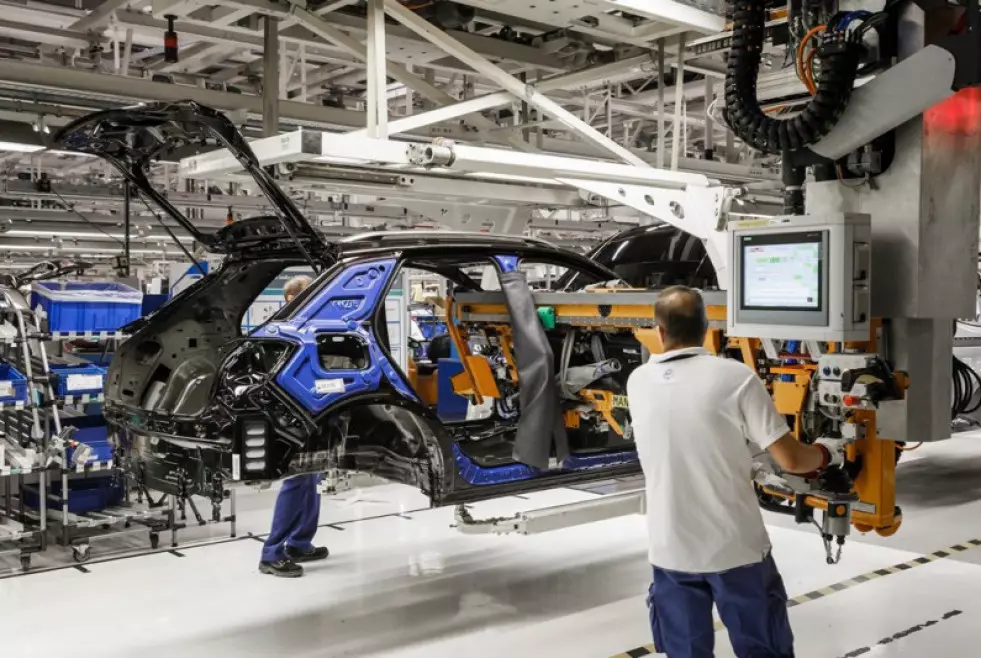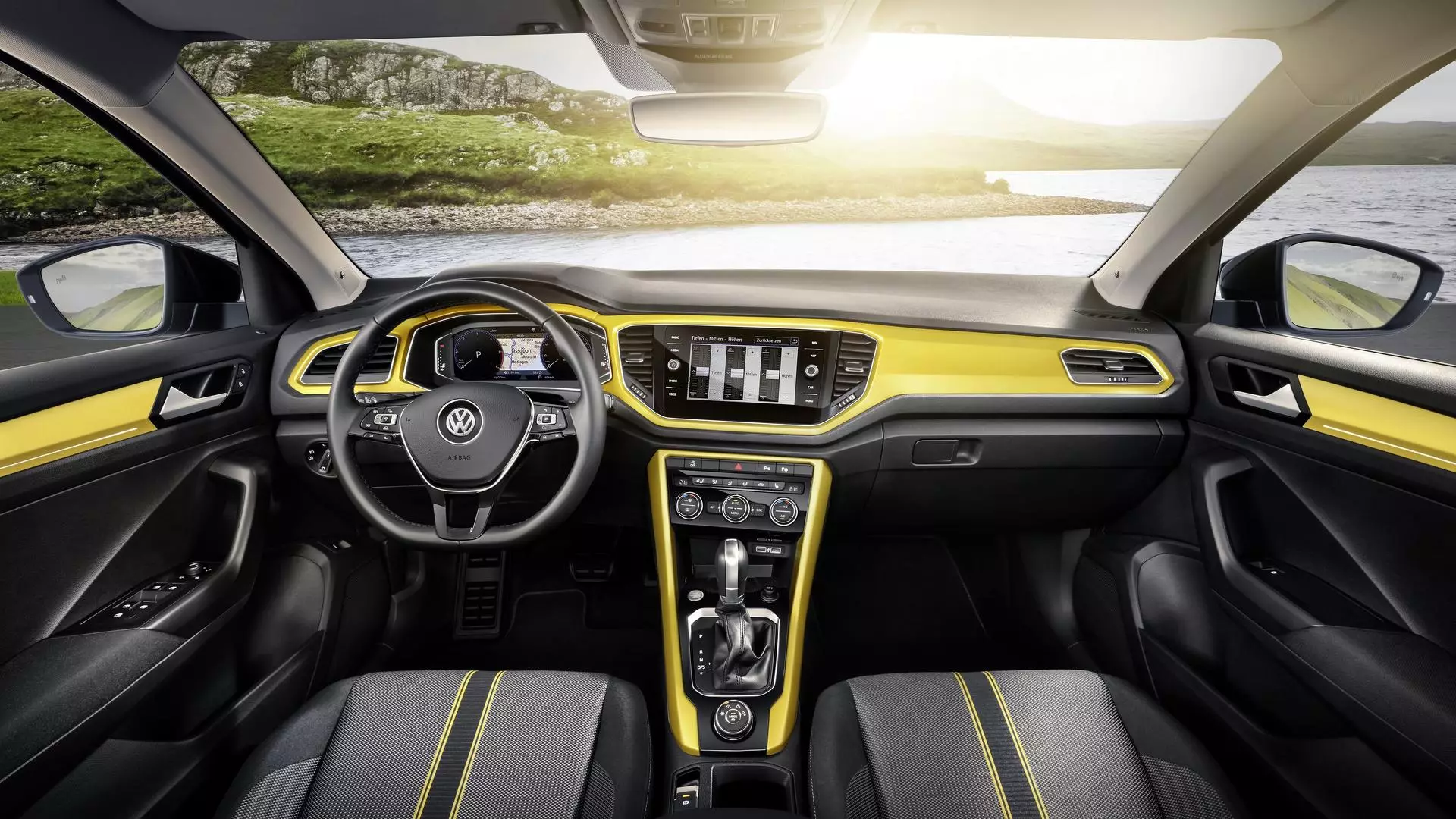As we reported a couple of days ago, the stoppage at the production line at Autoeuropa, caused by the lack of semiconductors (necessary for the construction of chips for cars), caused the cancellation of 95 shifts and the loss of 28 860 units.
Production resumed yesterday, September 21, at 11:40 pm, with the night shift (on the 22nd). However, it will be “short sun”. More production stoppages are planned due to shortages of semiconductors.
A new stop is scheduled for the 27th of September, which will last until the 4th of October , with production only to resume on October 6th (after the October 5th holiday), at 00:00.

In statements to Razão Automóvel, Leila Madeira, Autoeuropa Public Relations, said that this new stop is also “related to the shortage of components due to the extension of the containment measures (due to covid-19) in Asia, a continent that concentrates part of semiconductor production for our products”.
What chips are missing from the Volkswagen T-Roc?
Every car on the market today carries thousands of chips, which control everything and anything from the infotainment system to driving assistants. The case of the Volkswagen T-Roc produced in Palmela is no different.
We questioned Autoeuropa about which components are most lacking and which have caused these disruptions in the production line.

The components that have been most affected are the "Door modules, driving assistance radars and elements for climatronic (climatization)".
We've seen some manufacturers do without certain equipment in their vehicles — such as the Peugeot 308 generation that is now being replaced, which did away with the digital dashboard — to keep production lines running.
The semiconductor crisis
It would be expected that Autoeuropa would also be affected by the shortage of semiconductors. It is a problem that is affecting all car manufacturers and there have been countless announcements of production stoppages all over the planet.
According to analysts at AlixPartners, it is estimated that 3.9 million fewer cars were produced as a result of the chip crisis, equivalent to revenue losses of over 90 billion euros.
This crisis started with the feedlots due to the covid-19 pandemic that stopped most of the world in 2020. A stop that resulted in abrupt drops in car sales, which led most of the car industry to cut back on chip orders.
When demand resumed, chip suppliers, practically all concentrated in the Asian continent, had already found new customers: with the pandemic there was a substantial increase in demand for laptops, smartphones and also game consoles.
With the increase in demand for cars, there was no longer any productive capacity to satisfy the needs of an industry that is again putting pressure on suppliers.

The crisis does not yet seem to have a clear end in sight, as it has been exacerbated by new outbreaks of covid-19 in Asia and other catastrophes such as earthquakes, floods and fires that have affected several semiconductor factories.
